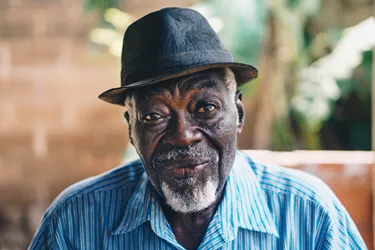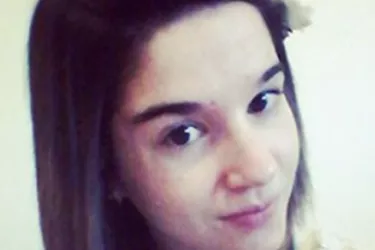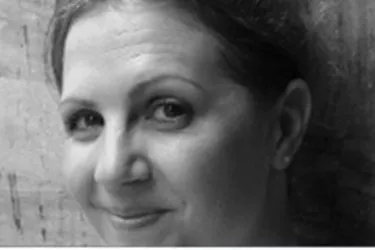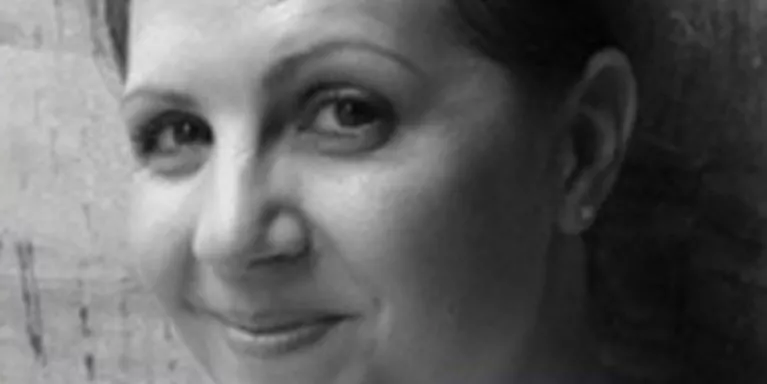OCD and me
OCD (obsessive compulsive disorder) can be extremely disruptive and distressing for those that struggle with the disorder. Today on the blog, a member of the Mind team talks about their experience with OCD and how they have found ways to manage it.
If another person was doing this, you might call it abuse or bullying. Someone who says, over and over: "No. That's not good enough. Do it again." Who torments you and won't let you go to sleep. You might even call it torture.
Except it's happening inside my own head, so I can't get away from it. That's what obsessive compulsive disorder (OCD) feels like: it's a bully I can't escape from.
"Some people think OCD is a joke, or it's just being really neat or tidy. That's not what it's like."
In fact, the World Health Organisation views it as one of the top ten most disabling health conditions there are.
It has even made me feel like I want to burn my house down.
My OCD makes cleaning and tidying difficult. I’ll set aside time to sort out a particular room, then just do one thing over and over. It’s hard to let anyone else help me, because I feel anxious if someone else touches my belongings. So it can take me months to tidy one room.
I wanted to tidy my spare room. The first thing I did was fold up a duvet. My OCD told me I had to fold that duvet again and again and again. Each time, it wasn't good enough. It kept telling me I had to try again. Just once more. Nope, still not good enough.
After three hours, I phoned the Samaritans and told them I felt like setting my house on fire because my OCD wouldn't let me put anything right.
I realised I had OCD in 2013, while watching the BBC documentary Don't Call Me Crazy. It featured someone with OCD who said: "I was up until 2am straightening some CDs." I'd never heard someone else say something like this before. Suddenly lots of things made sense.
"Talking about it can be really hard because it sounds so ridiculous, like phoning the Samaritans because I couldn't fold a duvet. It might sound absurd, but I felt like I was losing my mind."
I started working for Mind in 2016 and eventually plucked up the courage to start telling people I had OCD. It shouldn't be the case that I'm lucky to work with people who understand, but sadly I know that it’s true.
It helped me to realise that, no matter how many times I do something, I’ll never feel like it’s done and finished. My brain just won’t let me. So when my OCD says: “Just fold that duvet one more time,” I try to remember that I’ll still feel the same whether I do it or not.
Self-care has been really important, too. My OCD wants me to believe I’m a terrible person who can’t do anything right. That makes it hard to do nice things for myself. But something simple, like cuddling my cat or listening to music, can make me feel calmer. It has also helped to learn breathing exercises for when I’m really anxious.
Having OCD can feel really isolating. It can really help to talk to other people with similar experiences, or just to read their stories. It's important to remember that you are not alone, and that things can get better.

Related Topics

Information and support
When you’re living with a mental health problem, or supporting someone who is, having access to the right information - about a condition, treatment options, or practical issues - is vital. Visit our information pages to find out more.
Share your story with others
Blogs and stories can show that people with mental health problems are cared about, understood and listened to. We can use it to challenge the status quo and change attitudes.

















